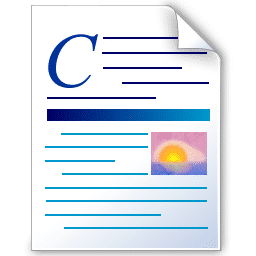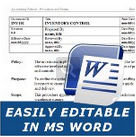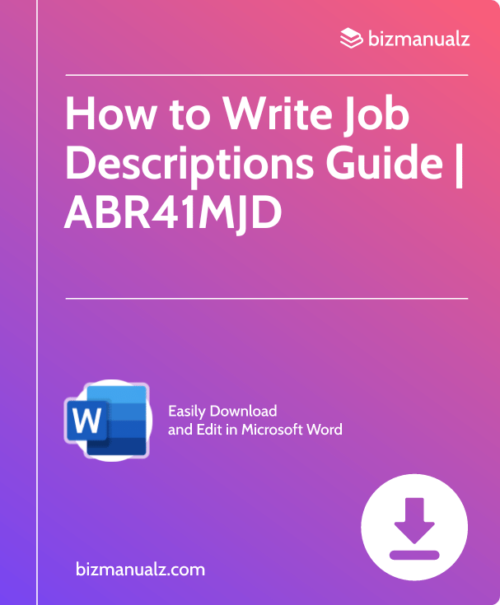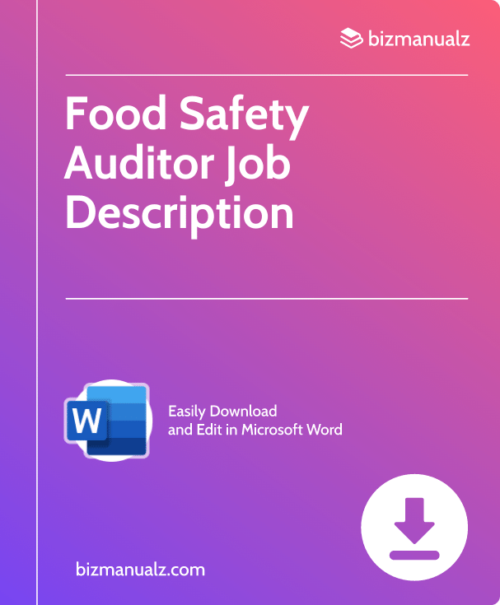Document Editor Job Description Template Word
Looking for a comprehensive and professional document editor job description template? Look no further than the Document Editor Job Description Template Word from Bizmanualz. This template is designed to help you create a job description that accurately reflects the responsibilities and requirements of a document editor position.
The Document Editor Job Description Template Word includes all the essential elements of a job description, including a job summary, essential duties and responsibilities, qualifications, and physical demands. The template is fully customizable, so you can tailor it to your specific needs and requirements.
With the Document Editor Job Description Template Word, you can save time and effort by starting with a pre-written template that has been designed by experts in the field. The template is easy to use and can be edited in Microsoft Word, making it accessible to anyone with basic computer skills.
Whether you are hiring a document editor for the first time or need to update an existing job description, the Document Editor Job Description Template Word is the perfect tool for the job. With its comprehensive and professional design, you can be sure that your job description accurately reflects the requirements of the position and attracts the right candidates.
So why wait? Download the Document Editor Job Description Template Word today and start creating a job description that will help you find the perfect candidate for your organization.
 DOCUMENT EDITOR SUMMARY OF FUNCTIONS
DOCUMENT EDITOR SUMMARY OF FUNCTIONS
The document editor reviews organizational documents (policies, procedures, etc.) for accuracy, completeness, timeliness, and usefulness, or fitness of purpose.
DOCUMENT EDITOR ESSENTIAL DUTIES AND RESPONSIBILITIES
- Read content and correct for errors in spelling, punctuation, and grammar
- Rewrite copy, as needed, to make it easier for people to understand
- Verify facts, using standard reference sources
- Evaluate submissions and decide what to publish
- Work with technical writers to help their documents succeed
- Plan documents in accordance with the organization’s style and content policies
- Develop content ideas while being mindful of the target audience (e.g., board of directors, production workers, software designers)
- Allocate space for text, photos, and illustrations that help convey the document’s meaning
- Approve final versions of documents submitted by staff
- Supervise document development cycle and periodically report to management on progress
ORGANIZATIONAL RELATIONSHIPS
Reports directly to the document manager (or quality manager). Works in conjunction with department heads, the document’s target audience, subject matter experts, and technical writers to ensure quality and usefulness of documents.
DOCUMENT EDITOR QUALIFICATIONS
A bachelor’s degree in English, journalism, or communications is required, as is 2 years or more of business/technical writing experience. A year or more of supervisory experience is preferred. Excellent communication skills and the ability to work well with people at every level of the organization are essential. Experience with document editing, document management, and publishing software (e.g., Microsoft Word, PowerPoint) is beneficial.
DOCUMENT EDITOR PHYSICAL DEMANDS
Ability to communicate well orally and in writing with document developers and managers, document users, SMEs, and management is crucial. Frequent use of communication media (e.g., phone, email, other social media) occurs. Hearing and vision within normal ranges is essential for normal conversations, to receive ordinary information, and to prepare or inspect documents.
Sitting for extended periods is common; occasionally, the editor will need to move about the office to access files or office equipment, conduct meetings or interviews with supervisors, management, direct reports, etc., or operate a computer or other office productivity devices (e.g., calculator, handheld devices, copier/fax/scanning machine. Must be able to constantly position self to maintain equipment, including under tables and desks.
No heavy lifting is expected, though occasional exertion of up to 10 lbs. of force (e.g., carrying a laptop) may be required. Good manual dexterity for the use of common office equipment (e.g., computers, calculators, copiers, scanners) is helpful.
WORK ENVIRONMENT
The job is usually performed indoors in a traditional office setting, though the document editor may work wherever a computer (laptop, tablet, etc.) can be used. Extended periods of sitting and extensive work on computers and other communication devices are involved.






















Reviews
There are no reviews yet.